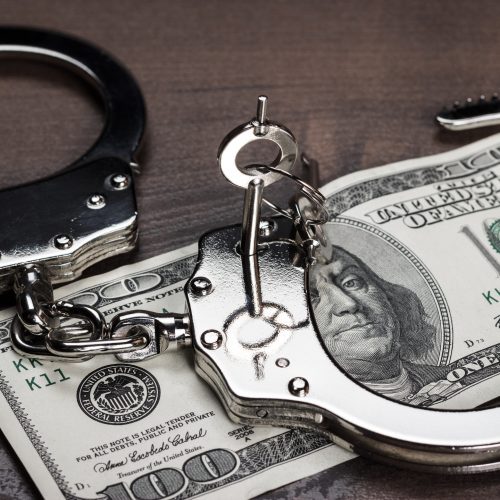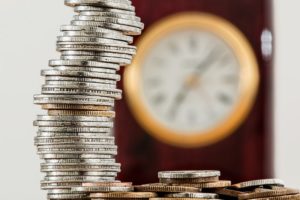How Has Covid-19 Affected Financial Crimes?
The Covid-19 crisis has had negative impact on businesses and their owners around the world. In order to help keep businesses afloat, the U.S. government created the Paycheck Protection Program (PPP) at the start of the pandemic. This program offered loans to help small businesses pay their employees while their business was under mandatory shut down during the pandemic and was effective until May 2021. These loans are forgivable once the business has met certain requirements. Many welcomed the relief funds and used them with integrity to pay their employees during this time, but then there were those that used them for personal gain.
Due to increasing fraud related to the pandemic relief funds, the Attorney General created a COVID-19 Fraud Enforcement Task Force in May 2021. This team is an anti-money laundering(AML) task force, which helps provide resources for government officials to investigate, prosecute, and arrest those who are found guilty of laundering COVID-19 funds.
What Is an Anti-Money Laundering System?
As an overview, AML refers to all legislation, policies, and procedures in place that force financial institutions and other entities to monitor their clients, vendors, and other business partners carefully and actively play a role in preventing money-laundering from taking place. There are strict AML laws that require organizations to report any suspected financial crimes that they detect to the appropriate authorities. An anti-money laundering system can combine technology with regulations to assist organizations in qualifying and ranking suspicious activities or entities.
Two men, one from Texas and the other from Illinois recently pled guilty for working together to organize a scheme to launder $3 million USD from PPP loan funds. Because of the effectiveness of AML systems, the perpetrators were caught, fined and sentenced to jail. Click the link to read the rest of the article.




